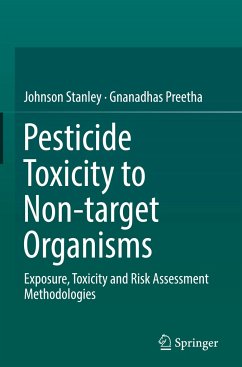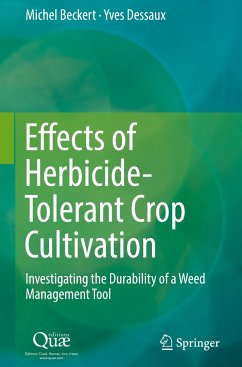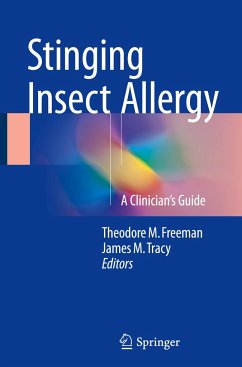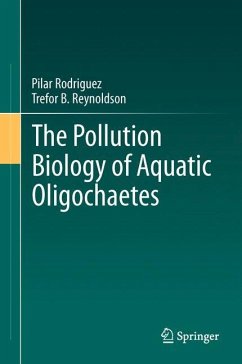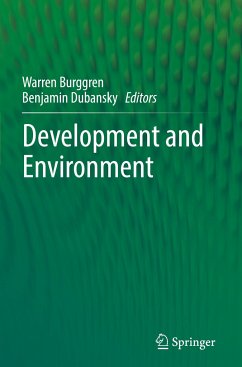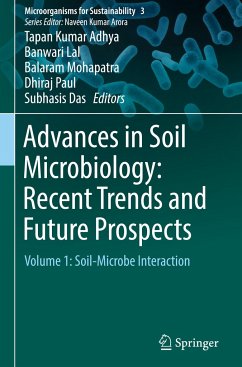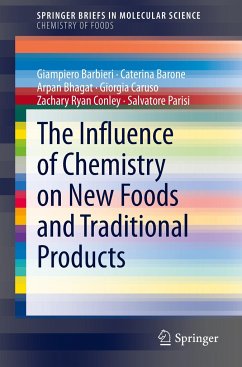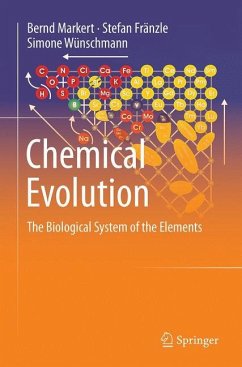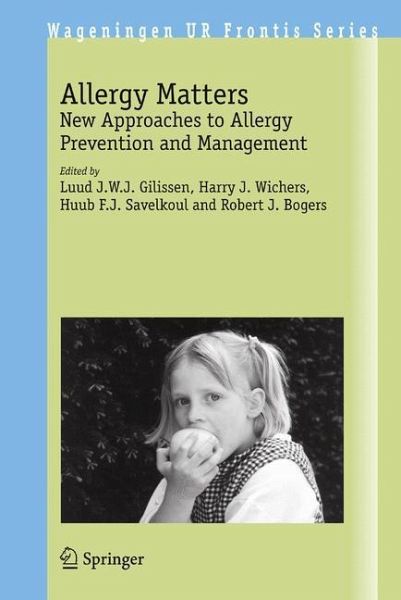
Allergy Matters
New Approaches to Allergy Prevention and Management
Herausgegeben: Gilissen, Luud J.E.J.; Wichers, Harry J.; Savelkoul, Huub F.J.; Bogers, Robert J.
Versandkostenfrei!
Versandfertig in 6-10 Tagen
113,99 €
inkl. MwSt.

PAYBACK Punkte
57 °P sammeln!
In Western societies, the incidence and prevalence of respiratory and food-related allergies have increased rapidly over the past decades. Changes in life style, e.g. in hygiene, child vaccination, housing insulation, food consumption patterns, etc. are thought to be involved in this increase. Direct and indirect costs related to allergy are expected to rise rapidly, especially in the Central and Eastern European countries that recently joined the European Union. Major concerns relate to the significant decrease of the quality of life of patients and their relatives.This book, written by renow...
In Western societies, the incidence and prevalence of respiratory and food-related allergies have increased rapidly over the past decades. Changes in life style, e.g. in hygiene, child vaccination, housing insulation, food consumption patterns, etc. are thought to be involved in this increase. Direct and indirect costs related to allergy are expected to rise rapidly, especially in the Central and Eastern European countries that recently joined the European Union. Major concerns relate to the significant decrease of the quality of life of patients and their relatives.
This book, written by renowned experts, reflects the current ideas for future possibilities of allergy prevention, using integrated and multidisciplinary strategies and covering the entire knowledge framework from comprehensive fundamental research to implementation into society. It describes approaches from the following main topics: The medical and molecular context, The food production chain and novel foods, The living and occupational environment, People and society.
This book, written by renowned experts, reflects the current ideas for future possibilities of allergy prevention, using integrated and multidisciplinary strategies and covering the entire knowledge framework from comprehensive fundamental research to implementation into society. It describes approaches from the following main topics: The medical and molecular context, The food production chain and novel foods, The living and occupational environment, People and society.





